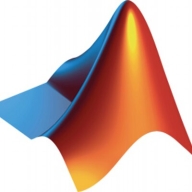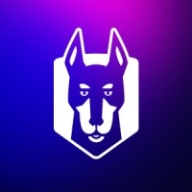

Polyspace Code Prover and Snyk are key contenders in the software development and security space. Polyspace Code Prover excels in code safety checks while Snyk leads with its robust vulnerability scanning and CI/CD integrations, making it an optimal choice for security-focused developers.
Features: Polyspace Code Prover shines with its static code analysis, pinpointing runtime conditions and potential coding errors with high precision. It ensures code accuracy and reliability, key for meeting safety standards. Snyk provides a comprehensive vulnerability database, real-time monitoring, and seamless CI/CD integration, enhancing developer security processes.
Room for Improvement: Polyspace could enhance its integration capabilities with more development tools, offer more flexible pricing options, and expand its feature set for non-automotive industries. Snyk could improve its on-prem installation affordability, expand its library size to rival competitors, and enhance its licensing compliance support.
Ease of Deployment and Customer Service: Polyspace Code Prover offers thorough setup support and professional integration services, ensuring a smooth deployment for developers. Snyk provides a cloud-based model with extensive documentation for easy onboarding, backed by prompt and efficient customer support services.
Pricing and ROI: Polyspace may have a higher initial cost but compensates with its potential to prevent costly post-deployment issues, leading to significant ROI. Snyk offers competitive pricing tiers with a strong focus on ROI through proactive vulnerability management, justifying the investment for firms valuing security innovation.


Polyspace Code Prover is a sound static analysis tool that proves the absence of overflow, divide-by-zero, out-of-bounds array access, and certain other run-time errors in C and C++ source code. It produces results without requiring program execution, code instrumentation, or test cases. Polyspace Code Prover uses semantic analysis and abstract interpretation based on formal methods to verify software interprocedural, control, and data flow behavior. You can use it on handwritten code, generated code, or a combination of the two. Each operation is color-coded to indicate whether it is free of run-time errors, proven to fail, unreachable, or unproven.
Snyk's AI Trust Platform empowers developers to innovate securely in AI-driven environments, ensuring rapid and secure software development with enhanced policy governance.
Snyk’s platform integrates AI-ready engines across the software development lifecycle, offering broad coverage with high speed and accuracy essential for fast-paced coding environments. AI-driven features include visibility, prioritization, and tailored security policies that enable proactive threat prevention and quick remediation. By focusing on LLM engineering and AI code analysis, Snyk supports secure and productive development processes. The platform's partnerships, including GenAI code assistants, enhance AI application security by addressing new threats and code velocity challenges.
What are the key features of Snyk?Snyk is implemented across industries focusing on agile development and DevSecOps, enhancing software delivery speed and security. It is widely used for continuous monitoring and adherence to security and licensing standards, especially in environments relying on Docker image security and CI/CD pipeline integration.
We monitor all Application Security Tools reviews to prevent fraudulent reviews and keep review quality high. We do not post reviews by company employees or direct competitors. We validate each review for authenticity via cross-reference with LinkedIn, and personal follow-up with the reviewer when necessary.